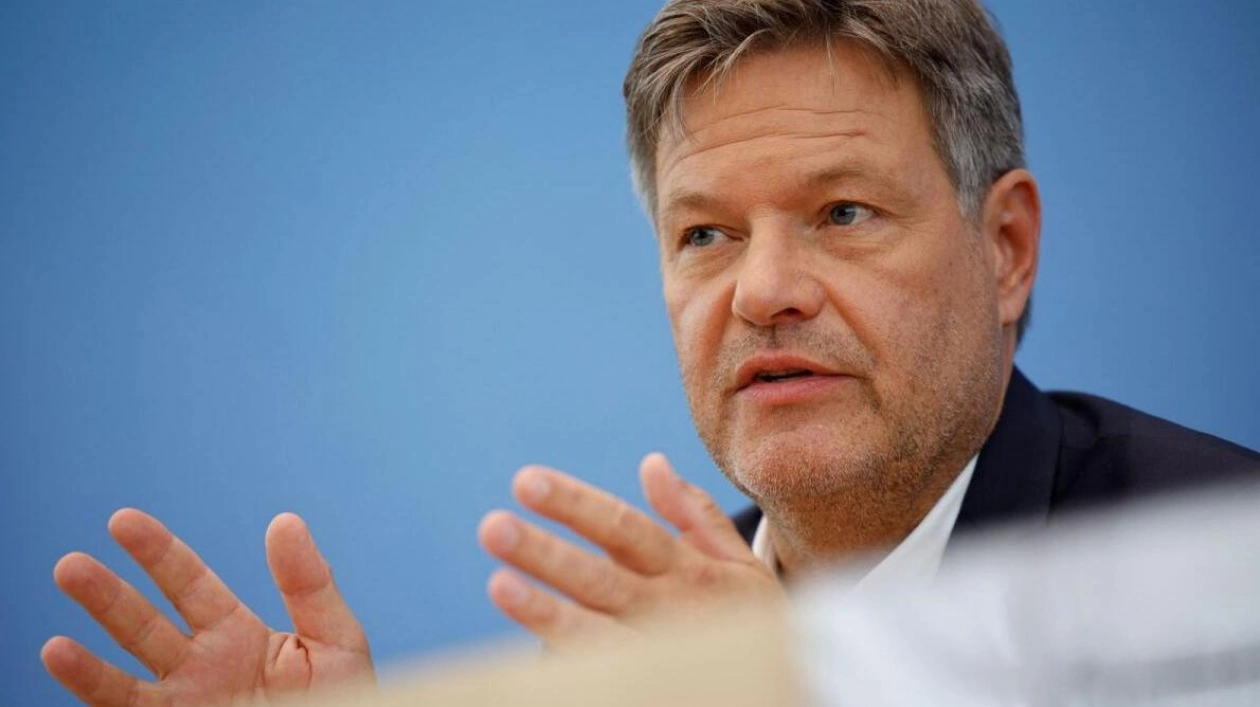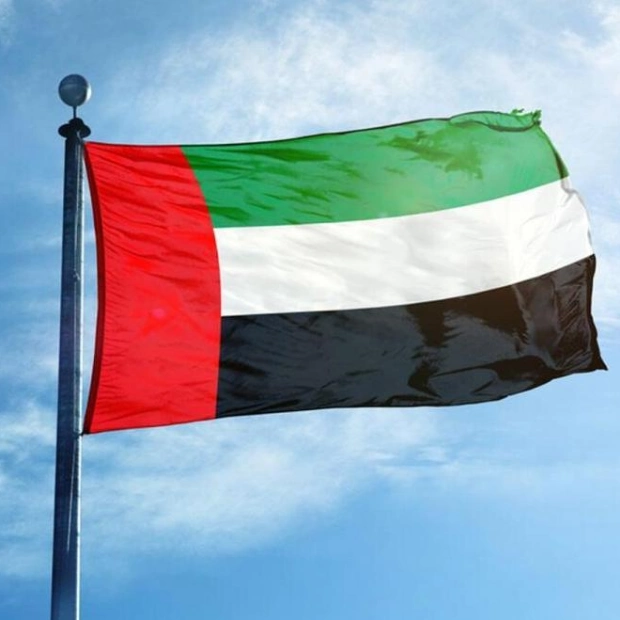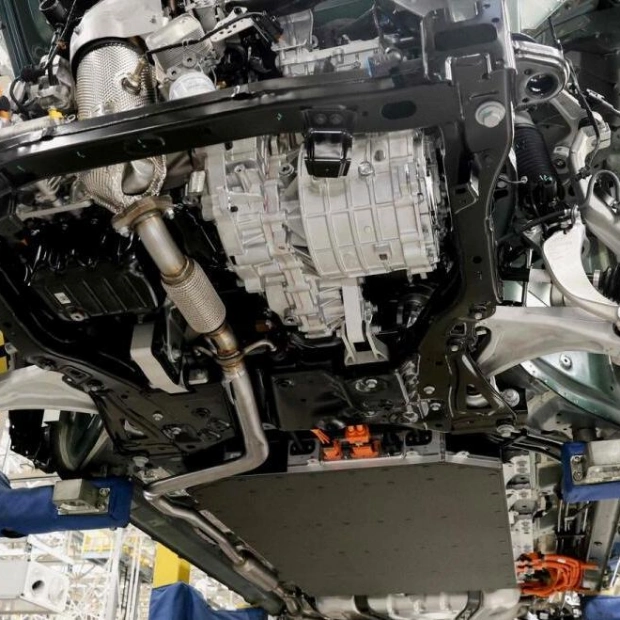The German economy ministry announced on Wednesday that the country will need to import at least 50 percent of the hydrogen required to achieve its green energy goals. As Europe's largest economy, Germany is heavily investing in hydrogen and its derivatives to cut carbon dioxide emissions by 65 percent by 2030 and attain climate neutrality by 2045. However, Economy Minister Robert Habeck highlighted that a significant portion of this hydrogen will rely on imports. He estimated that between 50 and 70 percent of Germany's hydrogen needs will be met by foreign sources by 2030, as outlined in the government's supply roadmap. Habeck also anticipates that the reliance on imports will increase beyond 2030 as hydrogen usage grows. To mitigate this, Germany is collaborating with numerous countries to diversify its supply sources. Habeck and Chancellor Olaf Scholz have been actively pursuing hydrogen partnerships over the past two years, visiting countries like Canada, Qatar, Australia, and several African nations. Germany has phased out its nuclear power stations and aims to cease coal usage by 2038. The government has initiated various programs to promote green technologies, including hydrogen investments and carbon capture plans. Despite these efforts, industry representatives argue that the hydrogen strategy lacks specificity. Hartmut Rauen, from the influential engineering association VDMA, expressed disappointment over the absence of new measures or milestones that could boost global hydrogen trade.

Text: Lara Palmer
24.07.2024
Economy Minister Habeck outlines reliance on foreign hydrogen sources to meet climate targets





